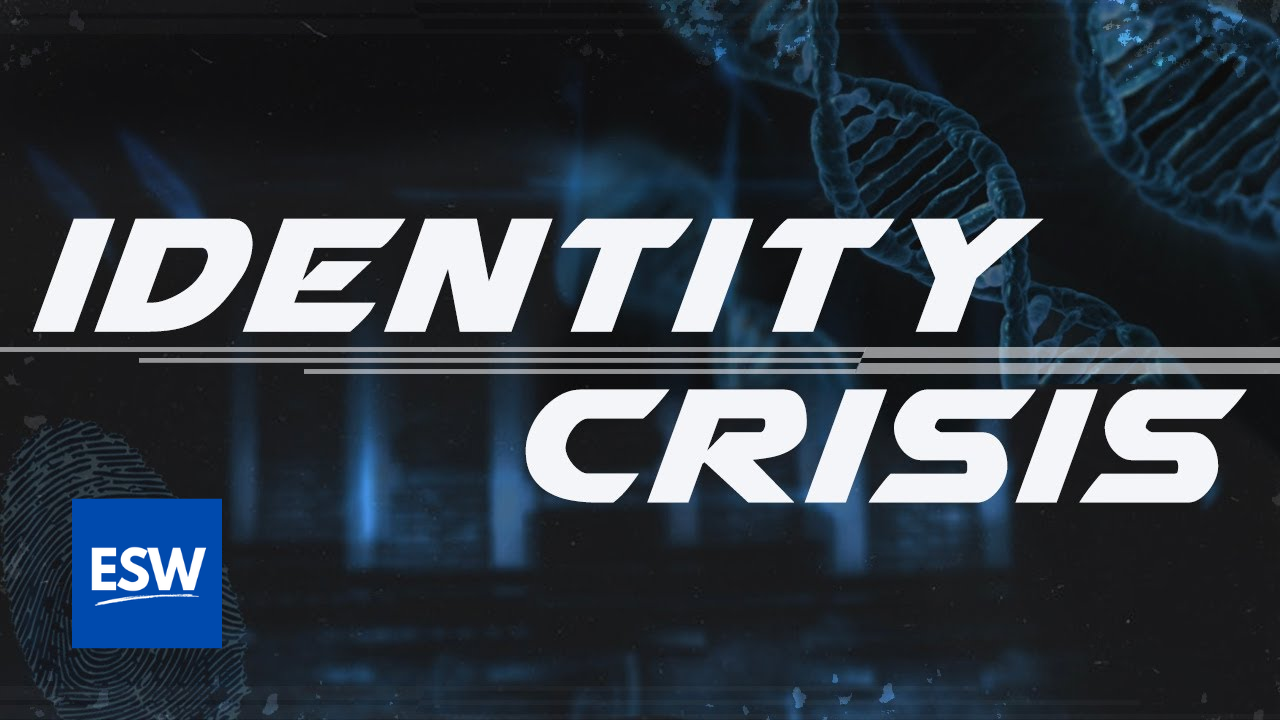Key Takeaways
Introduction
- The speaker discusses how a prophetic event in the Old Testament connects to the roots of Christian faith, emphasizing that understanding this event can radically change perspectives on scripture.
Historical Context of Israel
- The Kingdom of Israel was originally composed of 12 tribes but split into two kingdoms: the House of Israel (north) and the House of Judah (south) due to disobedience.
- The House of Judah went into Babylonian captivity (586 BC) and returned, while the House of Israel was taken to Assyria and assimilated into other nations, losing their identity.
Prophetic Significance
- Jeremiah 31:31 introduces a new covenant with Israel and Judah, but not with Gentiles, leading to questions about how Gentiles fit into God’s plan.
- The speaker highlights the concept that many Christians today are unaware of their spiritual heritage tied to the lost tribes of Israel.
Identity and Spirituality
- Many Christians are experiencing dissatisfaction with traditional church experiences and are searching for deeper spiritual truths.
- The speaker addresses the issue of “identity theft,” suggesting that many have lost their true spiritual identity by abandoning biblical teachings.
The Role of the Gentiles
- The speaker argues that Gentiles (non-Jews) are included in the new covenant through faith in Jesus (Yeshua) and can reclaim their connection to Israel.
- The idea of being “grafted into” the olive tree in Romans 11 emphasizes unity between Jewish and Gentile believers.
Understanding Scripture
- The speaker insists that a true understanding of the New Testament requires knowledge of the Old Testament, as both are interconnected.
- Key theological concepts such as the “One New Man” in Ephesians 2 symbolize the unity of believers in Christ irrespective of their backgrounds.
The Mystery of Salvation
- The speaker describes how Jesus’ death and resurrection free the lost house of Israel (the divorced bride) to return to God.
- The metaphor of the Prodigal Son illustrates the reconciliation of the lost tribes with their Father.
God’s Law and Its Relevance
- Emphasis on the significance of God’s commandments in the lives of believers today, framing them as a guide for righteous living.
- The argument is made that the law is not just for Jews but is meant for all who wish to follow God, with a focus on love and obedience.
Conclusion
- The speaker calls for a return to understanding one’s identity as part of Israel and being partakers in God’s promises.
- A challenge is presented to viewers to rethink their spiritual identity and to embrace a deeper understanding of scripture and God’s plan for humanity.
Closing Reflection
- A prayer is offered for unity among believers and a deeper understanding of their spiritual heritage, emphasizing the importance of returning to God’s laws and the original intent of scripture.
Use the links below to explore similar categories or other tags.
